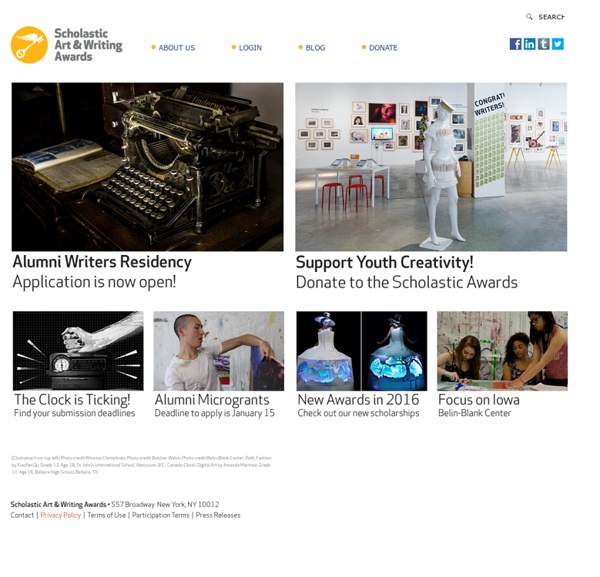



Raíces de empatía Alfabetización Emocional Los padres con su bebé visitan el aula tres semanas durante el año escolar. En este aprendizaje experiencial, el bebé es el “Maestro” y una palanca, que el instructor utiliza para ayudar a los niños a identificar y reflexionar sobre sus propios sentimientos y los sentimientos de los demás. Esta “alfabetización emocional” sienta las bases para que las aulas sean más seguras y afectuosas y en las que los niños son los “agentes de cambio”. Los niños son más competentes en la comprensión de sus propios sentimientos y los sentimientos de los demás (empatía) y por lo tanto es menos probable que físicamente, psicológicamente y emocionalmente se hagan daño unos a otros a través de la intimidación y otras crueldades. En el programa Raíces de Empatía los niños aprenden cómo desafiar la crueldad y la injusticia. Empatía El aspecto cognitivo de la empatía es la toma de perspectiva y el aspecto afectivo es la emoción. Currículum Raíces de Empatía Indicadores:
Understanding Digital Children - Ian Jukes One element of my professional reading at the moment is reading through Ian Jukes “Understanding digital children (DK's) Teaching & Learning in the New Digital Landscape”. Ian looks at the difference between digital kids and teachers and the impact that this has on teaching and learning. At one point Ian summarises the differences between Native Learners (screenagers) and Teachers. We know that experience, like using a computer, will change the structure of our brain, This is a concept called Nueroplasticity. We also know that, the more intense the experience, the more profound the change. Our students, who often have a greater exposure to technology, are likely to be more nuerologically adapted, but adults can as easily be "Digital Natives". Media Exposure Mark Prensky - in his papers digital natives and Digital immigrants, highlighted the exposure our students have to different forms of media. Increasingly, the readings and research are converging towards the same point.
Ecriture collaborative et apprentissages info-documentaires Pensamiento Crítico: educando ciudadanos competentes Cada vez somos más conscientes de la necesidad de analizar el gran volumen de información que recibimos cada día. Esta información nos ayuda en nuestro desarrollo cognitivo y participa en la construcción de nuestro esquema de percepción de la realidad. En el caso de los niños y jóvenes este esquema está en pleno desarrollo. El pensamiento crítico es un proceso cognitivo que propone el análisis sistemático de las informaciones, opiniones o afirmaciones que cotidianamente aceptamos como válidas o ciertas. No se trata de cuestionar toda la información que recibimos a diario, se trata de ser crítico con aquella que es relevante para cada uno de nosotros cuando nos formamos un criterio sobre un tema. Educar en el Pensamiento Crítico Implica... Transversalidad con la Educación en Valores Todas estas habilidades tienen una clara transversalidad con la educación en valores, tan de actualidad en este mundo cada vez más tecnológico y, para algunos, en proceso de deshumanización.